Parenting is all about finding balance, and when you have a child with autism, it can feel like a bit more of a challenge. Many parents wonder, “How do I balance attention between my autistic child and their siblings?” It is a question filled with love, guilt, and the desire to do right by every child. If you feel pulled in different directions, know that you are not alone. Countless parents quietly wrestle with the same concern every day.
This is an important struggle because siblings play a big role in each other's lives, especially when one of them is autistic. Brothers and sisters often show a lot of understanding and strength, but they can also feel stressed, jealous, or like their own needs aren't being noticed. The good news is that with some thoughtful approaches, you can ease the tension between siblings, strengthen their relationships, and create a happier family environment.
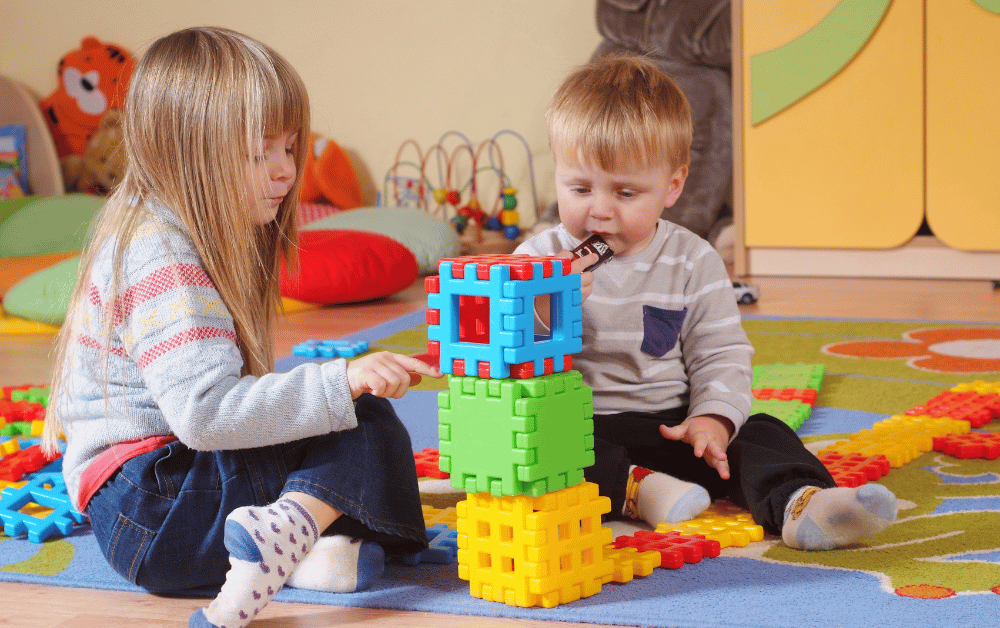
Understanding sibling experiences in families with autism
Siblings in families with autism experience a mix of feelings. They can be loving and protective, but they might also feel embarrassed, frustrated, or even jealous at times. It's not unusual for them to notice how much attention their sibling with autism gets and worry about whether it's fair. These emotions can show up in small ways, like pulling away, acting out, or competing with each other. For parents, it’s important to recognize these signs of sibling rivalry and respond with understanding instead of feeling guilty.
Every sibling deals with challenges differently. Factors like age, personality, and family dynamics influence their experiences. For example, a younger sibling might not grasp why their brother or sister needs special attention, while an older sibling might feel anxious about what lies ahead. When families focus on open conversations and provide support for siblings of kids with autism, everyone feels more secure. This helps children understand that they are just as important in the family, and they don’t have to face their worries alone.
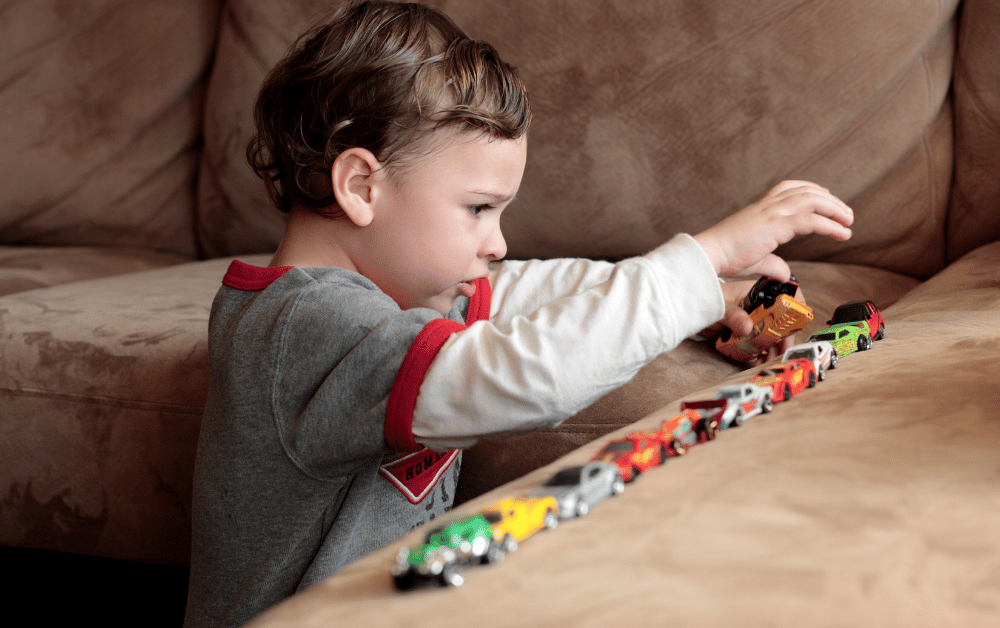
How Do I Balance Attention Between My Autistic Child and Their Siblings?
For most families, daily life naturally revolves around therapies, school meetings, and managing the unpredictable moments that can come with autism. This can leave parents asking, “How do I balance attention between my autistic child and their siblings?” It is important to remember that balance does not mean identical treatment. Instead, it means ensuring each child feels seen, valued, and loved in ways that meet their individual needs.
One practical strategy is carving out small, consistent rituals of connection. Reading a bedtime story, taking a short walk, or cooking together may not seem like much, but these predictable moments reassure siblings that they are not forgotten. This is also a direct way of addressing the challenge of how to give attention to all children autism families often face. Over time, these rituals build trust and protect against the sense of being overshadowed.
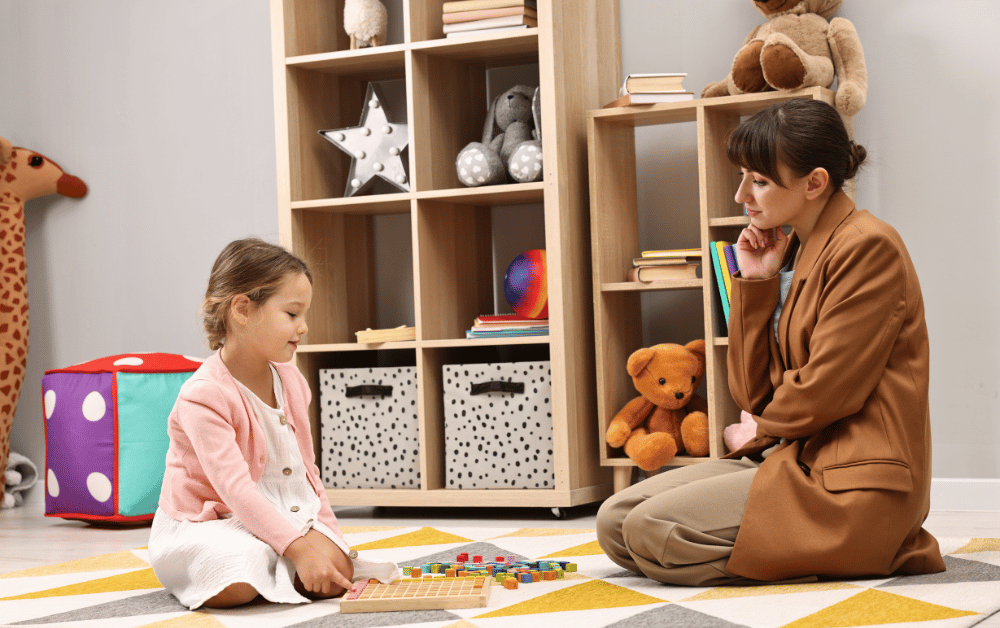
Helping Siblings of an Autistic Child: Practical Strategies
Open communication is the most important aspect of helping siblings of an autistic child. Kids need simple and clear explanations about autism to understand their sibling's behavior better. Using straightforward language can help avoid confusion or feelings of unfairness. For example, telling them that their sibling hears sounds differently can help them grasp why loud noises might bother them, rather than thinking it’s just unfair.
It’s important to give siblings a chance to share how they feel. Encourage them to talk about times when they’re frustrated, proud, or even embarrassed. You can help by listening without judging.
In addition to talking, help each sibling explore their own interests, whether it’s sports, arts, or friends. This helps them develop their own identity. Also, plan family activities that everyone can enjoy together, making sure there are adjustments so everyone can participate. This way, siblings create happy memories together and feel like family time is special for them, too.
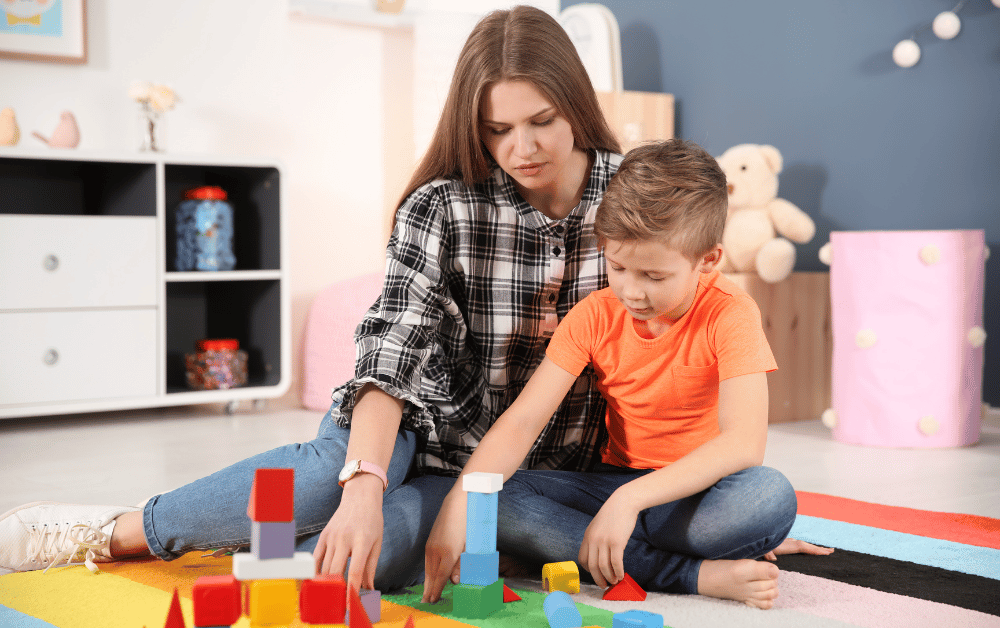
Parenting an Autistic Child and Siblings: Creating Family Balance
Parenting a child assessed with autism and siblings requires you to understand that fairness looks different from equality. Treating all kids the same can sometimes lead to problems because each child has their own needs. It’s important to be open about the rules and explain why they might be different for each child. This way, siblings can understand that everyone’s needs are important.
Getting the whole family involved can really help ease stress and create a sense of harmony at home. By setting up regular routines, autistic kids can feel more secure, and siblings can also benefit from having that predictability in their day. Planning fun activities together, like game nights or family walks, strengthens everyone’s connection. It’s also important to support siblings in expressing their feelings honestly and safely, so they don’t build up any resentment. With these steps, parents move closer to balancing family life with autism in ways that support every child.

Support for Your Whole Family After an Autism Diagnosis
We understand that balancing attention between your autistic child and their siblings can be tough, especially right after a diagnosis. It’s a time filled with new information, paperwork, and referrals, all while trying to keep everyone in the family happy and supported. It can feel overwhelming, and you're not alone in that struggle.
Our Autism Support team is here to help make things easier for you. We can walk you through your child’s assessment results, explain the recommendations, and assist you with any funding applications or paperwork. Together, we’ll create a plan that considers the needs of your entire family, ensuring your autistic child gets the support they deserve while still allowing you to care for their siblings. Ultimately, we’re here to support you so you can focus on what matters most: your children.
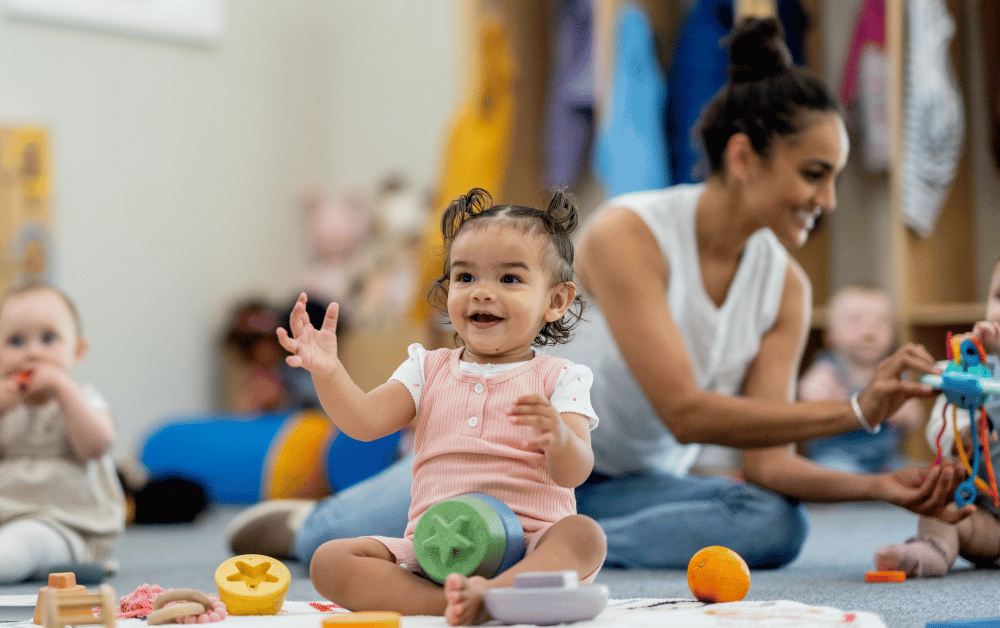
Finding external supports and moving forward
Parents do not have to carry all of this on their own. External supports can make a profound difference. Sibling support groups and autism programs give children the chance to meet peers who share their experiences, helping them feel less isolated. School counselors, sibling workshops, and family therapy can also provide safe spaces for expression and coping strategies.
When it comes to family life with autism, it's important to create a space where every child feels cherished and understood. Returning to the question, “How do I balance attention between my autistic child and their siblings?”, the key is to focus on simple, everyday actions that include everyone, communicate openly, and ask for help when you need it. By doing this, you can create a family environment where both your autistic child and their siblings feel equally loved, supported, and safe.

Dr. Ali Eslami, Chief Editor
Dr. Ali Eslami is a child psychiatrist at BC Children’s Hospital and All Brains Clinic with a PhD from Brown University. With expertise in neurodevelopmental disorders, autism assessment, and AI research in mental health, he ensures every article meets the highest standards. His sharp editorial eye guarantees clarity, accuracy, and credibility in all our content.

.svg)


.svg)
.png)



.png)


.svg)








.svg)




